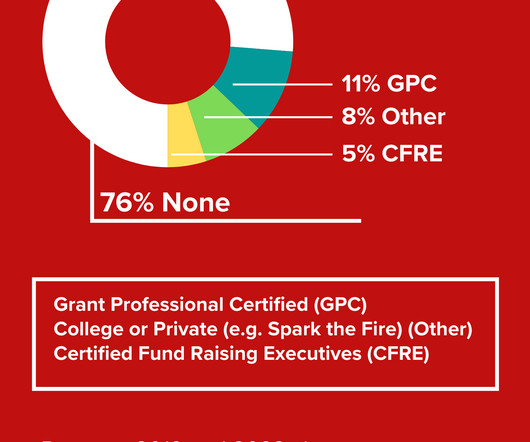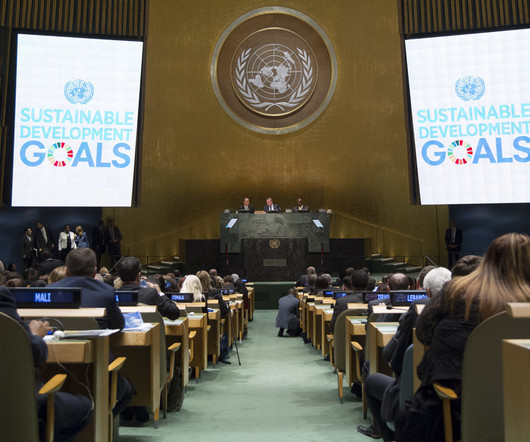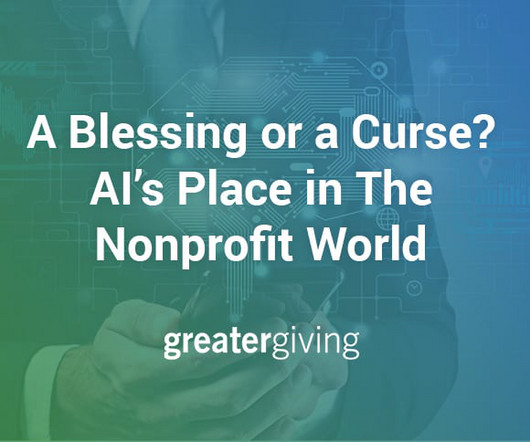Inclusive AI adoption to drive nonprofit missions
Candid
OCTOBER 9, 2024
Artificial Intelligence (AI) is evolving quickly and changing the way many of us engage in our day-to-day work. Nonprofits face a critical question: How can we make AI adoption more inclusive and accessible across our organizations? Yet, 77% of nonprofits believe they would benefit from using more AI, including in mission-related work.




















Let's personalize your content